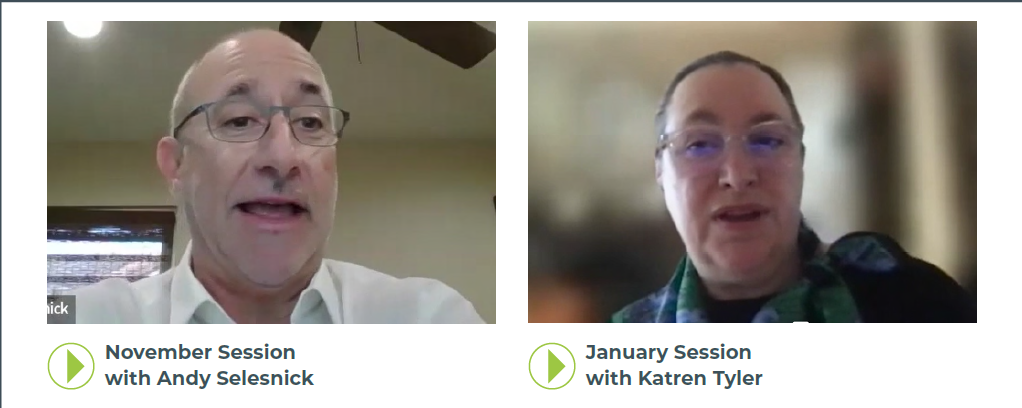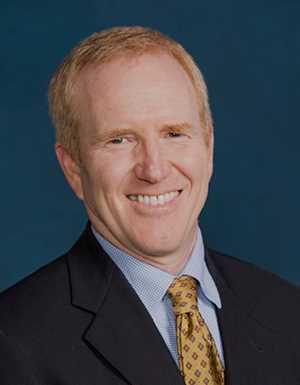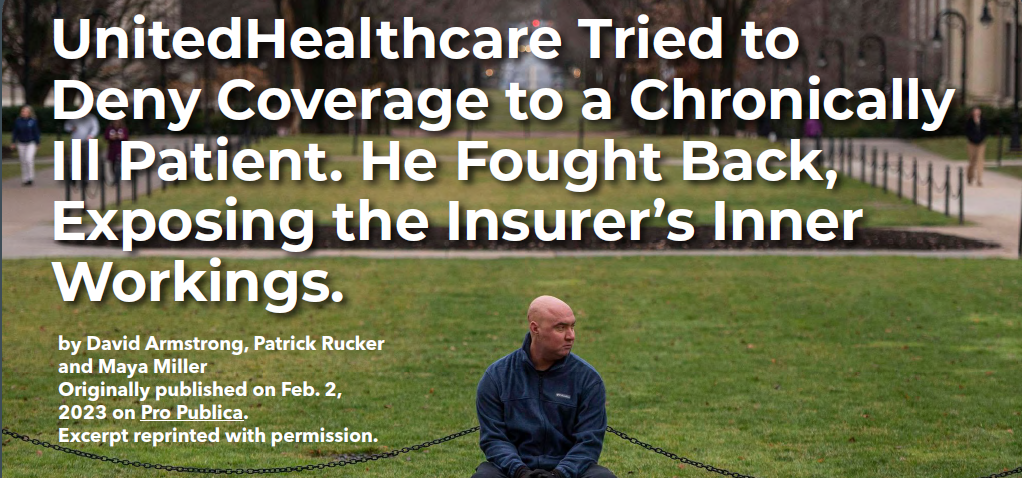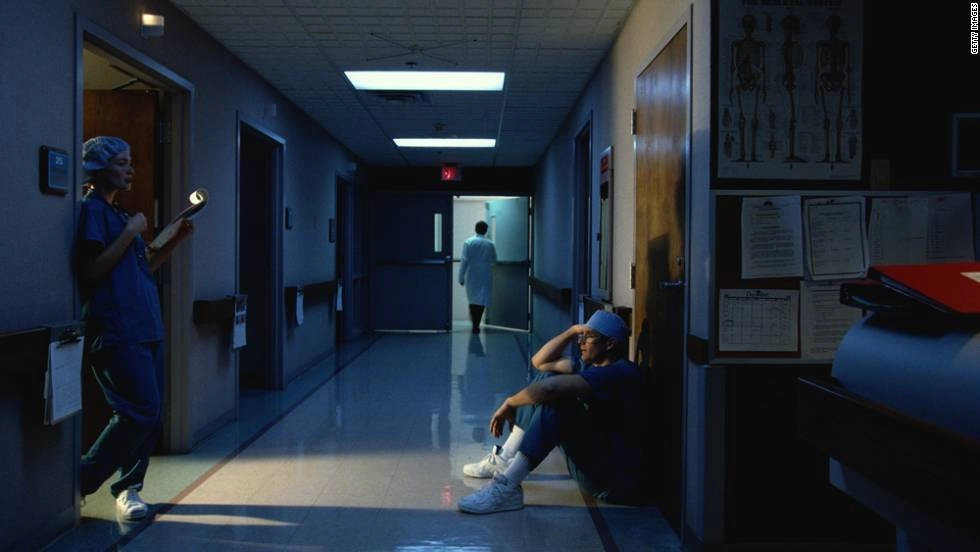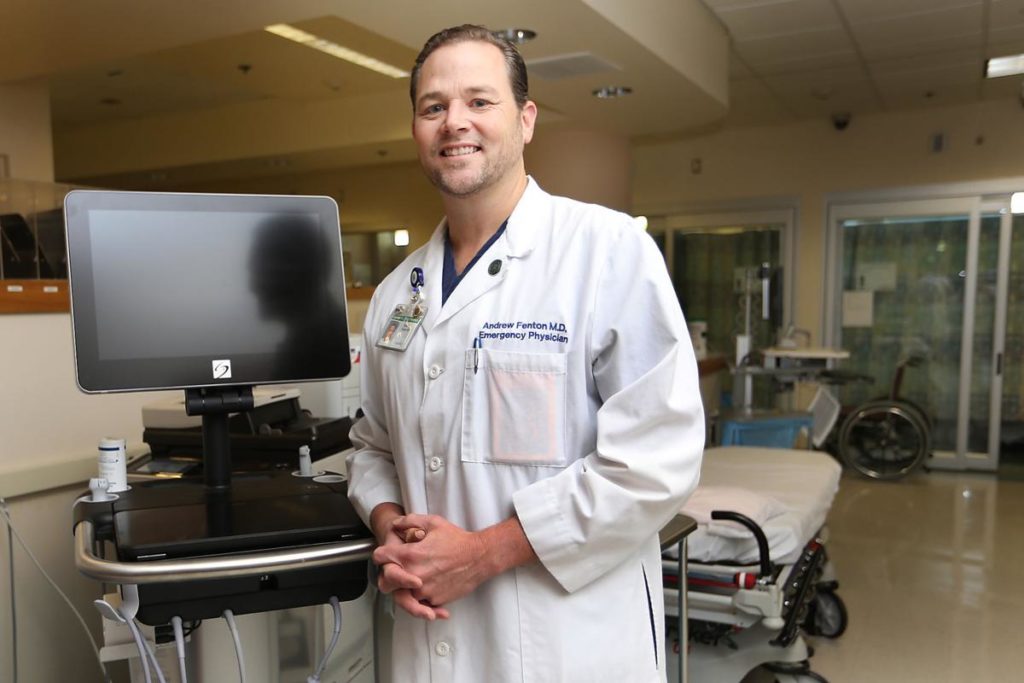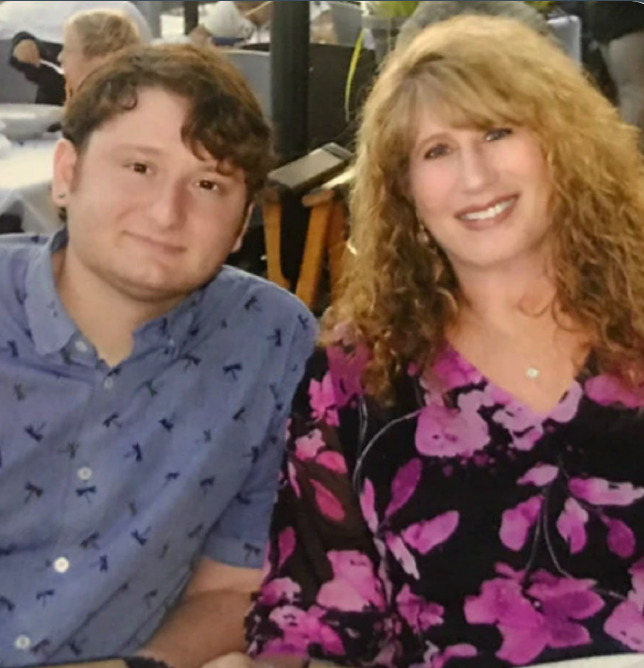Within the protected Kaiser bubble, will I Thrive or Burnout?
Written by Anonymous IEPC member/contributor
Emergency medicine residency is hard. Residents and interns work many days and long hours. The work is often at county or community hospitals that treat a challenging patient population with a myriad of medical and social problems. Being on the frontlines facing a constant influx of patients with multiple complex issues can be daunting. At the end of residency, many young emergency physicians are ready for a break. The task of trying to start and build a career, at the end of residency brings even more stressors.
It is during this time that many residents are offered career options. One option, chosen by many young physicians, is Kaiser Permanente. Kaiser Permanente is an HMO, consisting of the Kaiser Foundation Health Plan (the Kaiser insurance), Kaiser Foundation Hospitals, and the Permanente Medical Group (the Kaiser doctors). Patients buy the Kaiser insurance and they are only allowed to see Kaiser doctors. The Kaiser doctors (though technically their own medical group) are paid their salary solely by Kaiser Health Plan from the pool of insurance premiums, and so essentially act as its employees.
Kaiser has a large presence in California and is aggressive at advertising to and recruiting graduating residents. Many graduates are uncertain about their future and are given no education how to go about job-seeking in California. They have little knowledge about how there are small independent democratic groups, large corporate-owned non-democratic groups (and everything in-between), and Kaiser. Trying to maneuver through this landscape and learn the nuances is challenging. It is during this time that Kaiser makes confused emergency medicine graduates their tempting offer.
After what has been a physically and mentally taxing residency, and after giving so much acting as the very fabric of a health care and societal safety net within the ED, many residents look to downshift. Kaiser Permanente offers ED graduates a comfortable job, with a large increase in salary compared to residency, nice benefits, and employment in a large corporation where doctors can fill their role without the stress of running their own business. For a work-weary graduating resident, the idea of being a cog in the wheel in a relatively cushy job, while making a decent living, and receiving benefits, may be too hard to pass up. But, is the Kaiser offer all that it seems? Is the apple as sweet as it looks, or is there something inside the fruit unseen that is spoiled?
Medical interns and residents exist in a system where they are clearly subservient to the Chief Resident, the residency director, and all the attending physicians. Just like in medical school, they are told where to be and when to be there. This structure provides organization and comfort to the chaotic work environment of an intern or resident. Kaiser offers a similar employer-employee model which appears familiar to young physicians. ED physicians within Kaiser receive a predictable salary and financial decisions are taken care of by others. Initially, this may reduce stress, but with time the lack of control and transparency of the revenues generated by one’s work can become frustrating. The comfort of the employed status is lost as one’s career matures, and the lack of autonomy associated with just being a “clock-puncher” can be disheartening.
To a financially-challenged graduating resident, a Kaiser Permanente salary looks enticing. However, Kaiser ED physicians make significantly less than their colleagues in the more common fee-for-service model. What is also not advertised is that to achieve their full salary, Kaiser physicians must work full-time which is approximately 160 hours/month. Kaiser typically recruits new hires to their less desirable sites. This is similar to the other big groups like Envision, Team Health, Vituity, and USAHCS. Most of the highest paying sites at the best locations are run by independent groups (many members of IEPC) and Kaiser would like to keep this fact away from graduates.
Kaiser is known for its benefit program. The package is designed to entice young physicians to say, “Yes” and once they become employed there exists large disincentives to leave. It is widely known in the ED physician community that Kaiser is famous for its “golden handcuffs” benefit package. If you are a recent graduate, and a young physician, and you work your entire career until you retire working full-time with Kaiser, these golden handcuffs can pay off in retirement. But for those who have lost the taste for the “Kaiser Kool-Aid” and who leave early the penalty is harsh, and the loss of many of the benefits makes the taste of those years of taking less salary at Kaiser even more bitter.
Kaiser ED physicians primarily care for Kaiser members who are employed and well-adjusted. Overall, Kaiser members are savvy health care consumers and over-utilization of ED services is rare. Subsequently, though Kaiser ED docs have to work a lot of hours to make full pay, their day-to-day jobs are relatively easy. Kaiser avoids placing hospitals in poorer demographic areas to minimize walk-in Medi-Cal patients Therefore, Kaiser ED docs mostly care for responsible members with perceived acute care issues. Patient flow is predictable and ancillary services relatively abundant. Therefore, a Kaiser ED doc can take on a minimalist approach and function as a temporary stabilizing provider, and triage agent arranging for inpatient definitive care by others, or much more likely, follow-up visits through Kaiser’s network. Because most patients are employed and responsible community members the challenging social influences on a patient’s health, and their ultimate deposition from the ED, are minimized. The allure of an alternative comfortable job to a resident who has functioned for years giving heart, soul, and body on the frontlines as a safety net provider is attractive.
But as many Kaiser ED physicians have experienced there are downsides to the minimalist approach to medicine seeing a healthier population. Kaiser ED physicians find their skills deteriorate not caring for the sickest patients. As a self-contained HMO, Kaiser is financially incentivized to discourage health care utilization, so Kaiser doctors are graded and financially rewarded or penalized based on test utilization. Admission rates are watched closely. Many patents talk about how Kaiser is a great health plan when you are healthy, just don’t get sick.
A leading cause of burnout is the loss of feeling like one’s work is making a difference to other individuals and to society. All emergency physicians have an altruistic trait, and we chose our specialty because we know our work truly does change and save lives. Without the emergency safety net people truly would suffer and be lost. When an ED doctor chooses to join Kaiser, they carve themselves out of that world. Kaiser docs have chosen to practice medicine in a bubble buffered from seeing the poorest and sickest patients. After residency it is easy to think that it is time to take care of oneself and focus on supporting one’s family. But as one’s practice matures the loss of purpose and loss of satisfaction received when helping those most in need can be dispiriting and lead to burnout.
Kaiser Permanente has shunned its social responsibility and has had to settle a number of lawsuits where it removed coverage and shifted undesirable and poorer members to Medi-Cal. On rare cases in my ED, I find a challenging patient with socioeconomic problems with Kaiser insurance and my fellow ED docs and I always “joke” how long it will be until Kaiser figures this out and cuts them off. Ultimately this always happens and they are shifted to the county clinic and Medi-Cal. It is widely known that Kaiser discourages EMS providers from bringing homeless patients to their EDs while encouraging them to bypass closer hospitals when Kaiser members access the EMS system. Kaiser members are also instructed to go to Kaiser EDs possibly driving past a closer ED during an acute medical emergency.
One of the most grievous offenses Kaiser commits is the way it handles transfers. All hospitals that participate in the Medicare program are required to follow EMTALA. Sadly, legislators and regulators have looked the other way allowing Kaiser to violate EMTALA on a daily basis. Kaiser has designed the EPRP system so that it only handles member repatriation transfers. Even though Kaiser hospitals have a robust on-call panel with multiple specialties they have shielded access to these physicians. On one occasion when I had a sick GI bleeder and no GI on-call I found the secret back-line to the nearby Kaiser ED where I knew they had GI available. After explaining the patient’s situation, the Kaiser ED doctor said they had GI and a bed but he wasn’t sure if he was allowed to accept a non-Kaiser patient. I was placed on hold and transferred to the house supervisor who hung up on me. When I called back the ED charge nurse hung up on me. The EPRP ED physician refused to discuss the patient’s case. Eventually the patient had to be transferred 100 miles away, driving past that Kaiser hospital to get there. Throughout the state, Kaiser hospitals refuse to participate in EMTALA and restrict access to some of the sickest patients needing medical care. This behavior is unlawful and unethical.
Kaiser emergency physicians are required to take phone calls as part of EPRP (Emergency Prospective Review Program). California EMTALA law is clear that only a treating physician at the bedside can determine a patient’s medical stability. In violation of that law, and because of built-in financial incentives, Kaiser EPRP doctors frequently argue over the phone with treating ED physicians about a Kaiser patient’s stability while being treated at a non-Kaiser ED. These EPRP physicians (who have never seen nor laid hands on the patients) threaten to not pay for the medical care given to their members at the non-Kaiser hospitals. Even more unethical, Kaiser EPRP doctors threaten their own patients with large medical bills unless they agree to be transferred to a Kaiser hospital. These financial threats have forced emergency physicians to transfer patients against their will and despite the treating physicians’ medical judgment. These EPRP physicians violate the Hippocratic Oath to “first do no harm” and should be held accountable by the Medical Board and ACEP. Recently a Kaiser EPRP ED physician refused to authorize admission on a patient I saw with chest pain, arguing they were “stable”, threatening not to pay their medical bills and sending a fax saying they would stick the patient with the bill. Not longer after this infuriating phone call, the patient went into VFib and coded. We brought him back, but there was no guarantee that he would, especially if he was in the back of an ambulance or on a gurney mid-transport.
Despite what Kaiser has tried to engrain into residents and doctors, there is nothing in California law that states non-Kaiser physicians have to waste time reading off labs and discussing cases with EPRP physicians. We did this as a courtesy. We are required to inform them of our working diagnosis and disposition decision (e.g., stable requires transport, unstable require admission). Hospitals are required to make one phone call to Kaiser when the decision is made by the treating physician. According to the California Health & Safety Code Section 1262.8 Kaiser then has “30 minutes” to call back. If they do not then even stable patients can be admitted to the non-Kaiser hospital and Kaiser must pay for both stabilizing and post-stabilization care. If EPRP agrees to accept the patient in transfer they must arrange for a “prompt” transfer. If they do not and they fail to transfer the patient in a “reasonable” time then the patient can be admitted and Kaiser must pay.
The latest example of Kaiser’s refusal to play its part in the health care safety net is its drastic payment cuts to emergency physicians. Kaiser is well-known for refusing to pay or underpaying safety net hospitals leading to ongoing litigation. But Kaiser previously compensated non-Kaiser emergency physicians fairly when they provided life or limb-threatening stabilizing emergency care to Kaiser patients. This ended in June of 2022. Kaiser has slashed reimbursement to non-Kaiser ED docs in half without providing any justification. Fair payments to less-advantaged emergency departments was the very least wealthy Kaiser Permanente should do, and siphoning off these dollars to increase its profits will tear another hole in the fabric of the emergency care safety net.
Kaiser Permanente is one of the largest health care entities in California and is growing. They have been touted as a model HMO/ACO in the era of the Affordable Care Act. But Kaiser’s success is dependent on their model of caring only for the more fortunate members of society while shunning the poor. Graduating emergency residents in California are some of the best-trained in the country and have often endured a grueling residency. An employment offer from Kaiser Permanente, promising an easier job, carefree employee role, and a decent salary with benefits is very tempting. These young physicians should realize, however, that when they don the Kaiser golden handcuffs they sacrifice a higher salary, the autonomy of controlling one’s business, and the career satisfaction that comes with providing the expert care to those who need it most and only we can give. By joining Kaiser, emergency physicians also partner with an organization that behaves unethically, underfunds the emergency safety net, underpays its colleagues, and pressures its doctors to violate the Hippocratic Oath. The Kaiser apple may look sweet, but in fact the fruit has spoiled.
